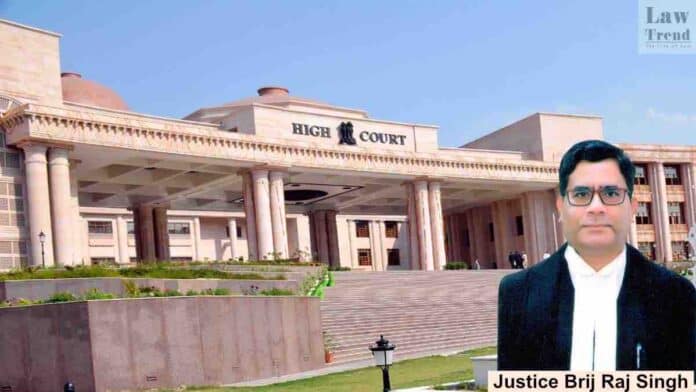The Allahabad High Court, Lucknow Bench, has quashed criminal proceedings against three individuals, holding that the complaint was “manifestly attended with mala fide” and “maliciously instituted with an ulterior motive for wreaking vengeance.” Justice Brij Raj Singh, exercising the court’s inherent powers under Section 482 of the Criminal Procedure Code (Cr.P.C.), concluded that the complaint




